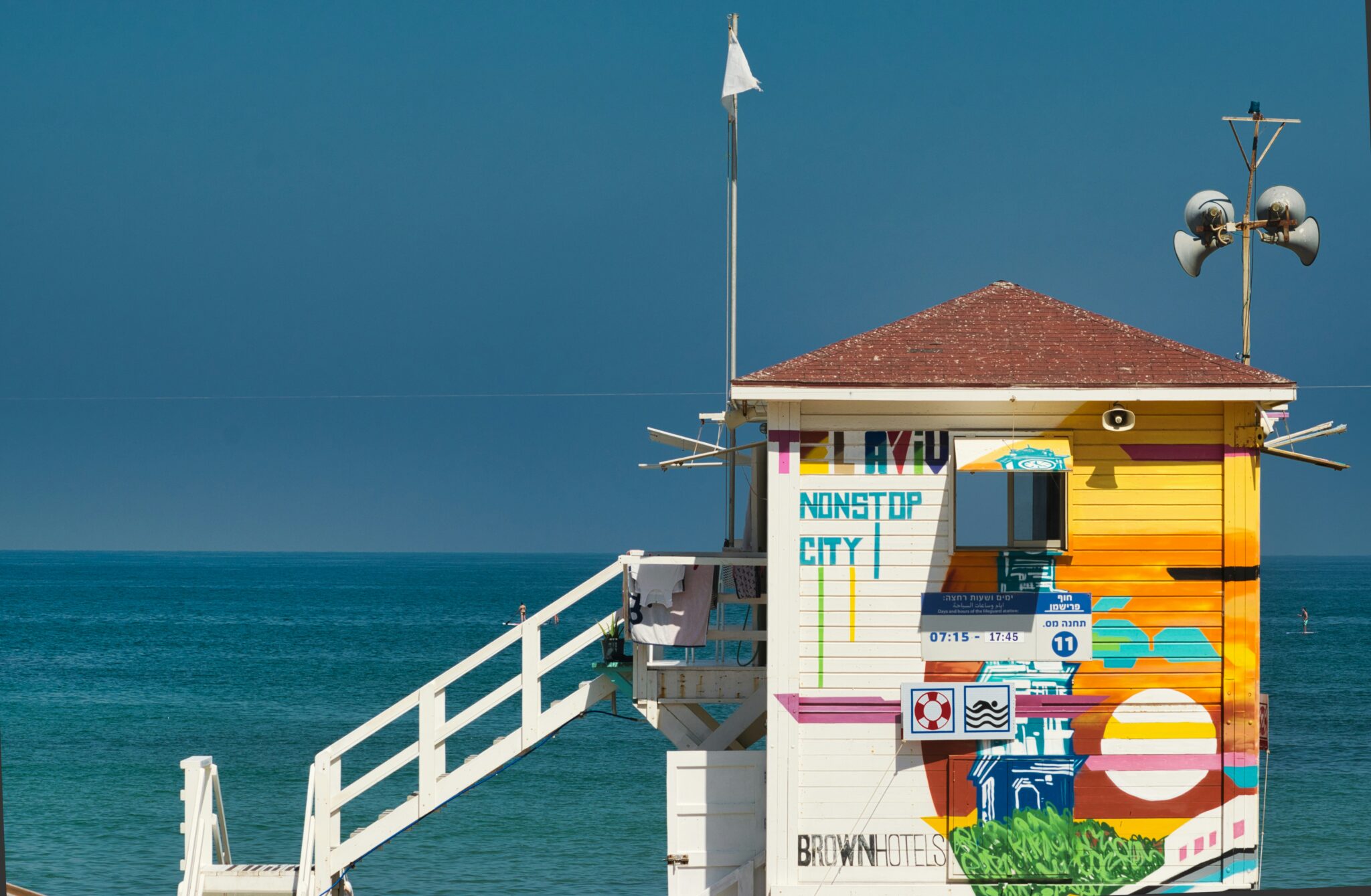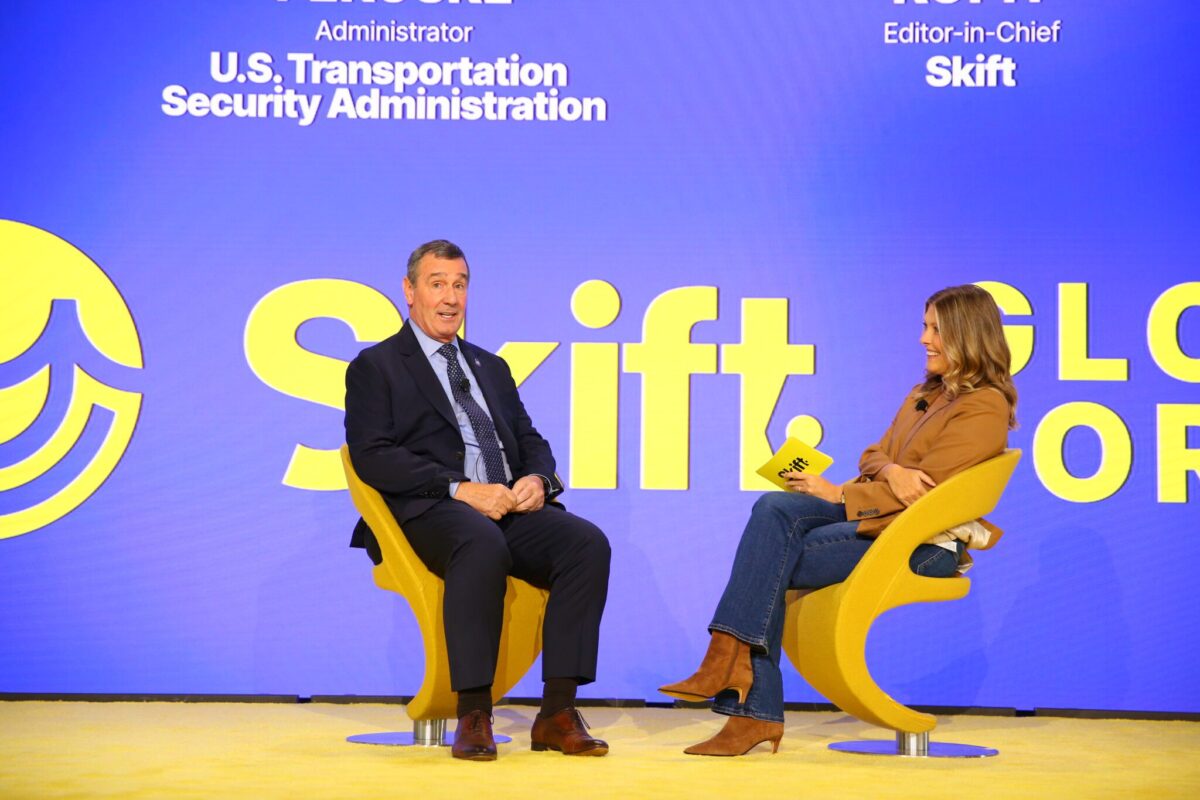American Airlines Quietly Experiments With Disrupting Its Award Ticket Pricing
Skift Take
American Airlines is experimenting with a new way of pricing award tickets that has the potential to disrupt the way that AAdvantage loyalty program members value its miles.
Last Monday, the Fort Worth, Texas-based carrier started using dynamic or flexible award ticket pricing on long-haul transcontinental routes between New York JFK and San Francisco and Los Angeles. Rather than traditional awards that are priced in tiers (such as 50,000 miles for a discount domestic business class round trip or 100,000 for a premium business ticket), the new schema prices tickets based on the demand for that particular leg, potentially pushing up the cost of each award ticket significantly.
Edward Pizzarello, a blogger in the Boarding Area network, noticed the changes on Friday and pointed out sample JFK-LAX legs that priced out between 52,000 and 92,500 miles over the course of a month, illustrating the range of potential award ticket prices under the new model.
Though there was no official press release, on Saturday a spokesperson for the carrier confirmed the changes to Skift and pointed out that the new type of pricing was only currently integrated on flexible "AAnytime" tickets in premium cabins on those two transcontinental routes.
Other routes, however, are on the way. "In late September we’ll be adding several higher AAnytime levels for the South Pacific," the spokesperson continued. "The levels will apply to the premium cabins on flights to and from Sydney or Auckland."
American's new dynamic pricing experiment subscribes to a new type of frequent flyer economics that awards most passengers fewer miles (though revenue-based earning) and limits the efficacy of earned miles on award tickets. Last year, Delta Air Lines started adhering to similar economics by dynamically pricing its award tickets in all classes and taking away strict award tiers. With last week's changes, American may be taking testing the waters for a similar, broad-scale implementations.
Though potentially unpopular with passengers, moving to a dynamic pricing model could help American reduce the liability of any unspent award balances and keep investors engaged. Most directly though, the model will help save the carrier some cash. Speaking to the upcoming award levels for South Pacific routes, the American Airlines spokesperson conceded that "after launching our Sydney route about a year ago and reviewing the years’ worth of data, we’ve decided that some dates merit higher AAnytime levels in business and first class. For business, it could be up to 375k miles and for first, up to 420k miles."
As to if and when American will incorporate dynamic pricing network-wide, the carrier has so far been mum. But if American's experiments on transcontinental and transpacific legs bear fruit, the transition may not be far away.
**Update: a spokesperson from American Airlines reached out to clarify that the practice of selectively pricing AAnytime awards is not new and has been around since 2014. Monday's update and the similar updating coming to the transpacific routes, however, do represent new higher prices for AAnytime awards.




